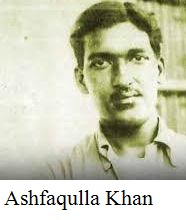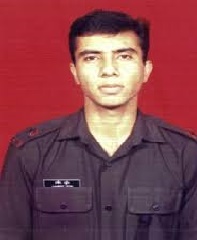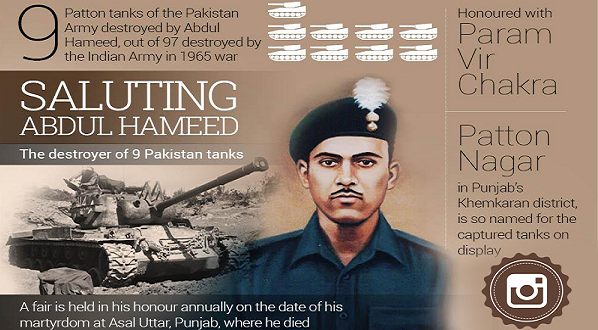Yes, nationalism is always an invitation to strife. That is what Modi's BJP has been banking on since the party's inception, and it looks like he has succeeded admirably; people rarely seem to even mention the ongoing labor unrest due to anti-labor policies, too preoccupied with whatever wedge issue is the current focus of conservative-nationalist propaganda.
Actually, tens of thousands of Muslims died during India's independence struggle, but only a few of them wore uniforms; the majority were victims of ethnic violence by local governments and nationalist mobs.
I suppose you could conveniently blame all the deaths at the hand of India's military and police force on somebody else, perhaps some Pakistani or Bangladeshi politician, or some "Muslim terrorists" or Afghan migrant; like any nationalism, Hindu nationalism, too, is rarely wanting for readily available scapegoats.
Labor protests will always be there - 'increase my salary, increase my salary, incrase my salary'. But there is a limit to what an industry can sustain. Giving-in for various reasons, Air-India landed in a debt crisis and finally had to be privatized.
Yes, the percentage of Muslims is less in Indian army (reports mention some 30,000). But this is because of two reasons. 1. Poor Muslims are sent to Madarsas where religious education is imparted but not the secular education necessary for enrollment in Army. That is 12-year school graduation. 2. Muslims are profitably engaged in other professions, agriculture, electricians, plumbers, carpenters, painters, car and refrigeration mechanics, food and restaurants, shop-keeping, etc. As for mob violence, both Hindus and Muslims have suffered. That happened in Godhra, Gujarat as well as in the recent riots in Delhi.
Don't blame the BJP government of today alone.
For some 60 years (out of the total 75 years), India has been ruled by non-BJP parties including the Nehru-Gandhi dynasty. This is BJP's third 5-year stint at the Center with a break of 10 years in-between when Nehru-Gandhis were at the helm. The current government has always gone by law. It does not have any discriminatory rules for Muslims. Our Supreme Court is very vigilant and would never tolerate it.



